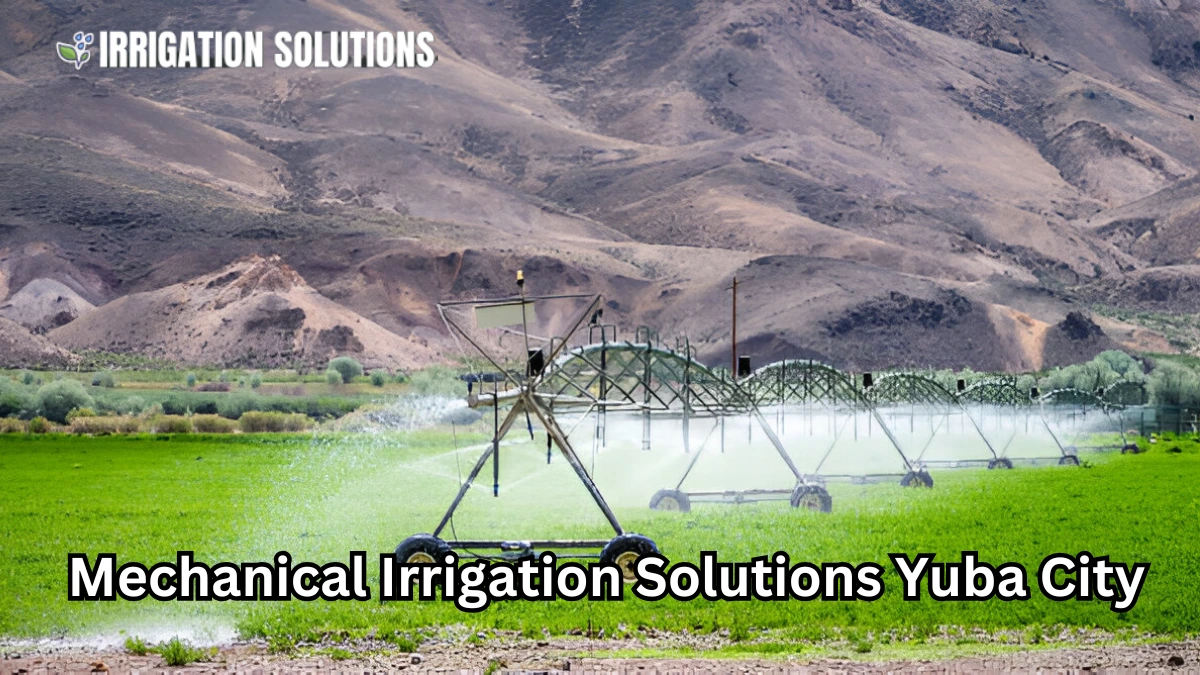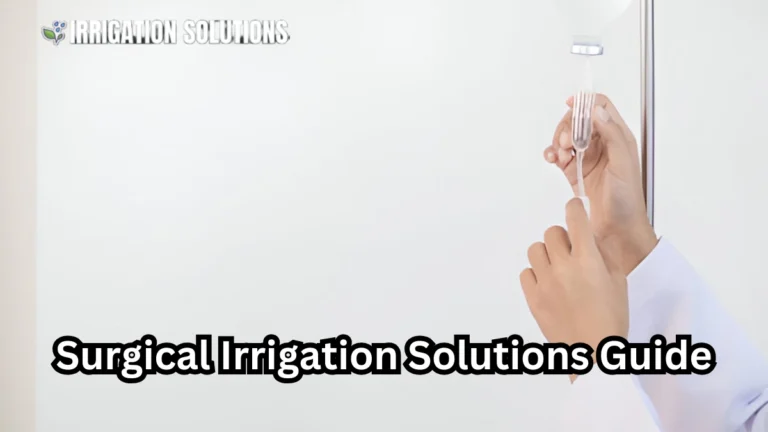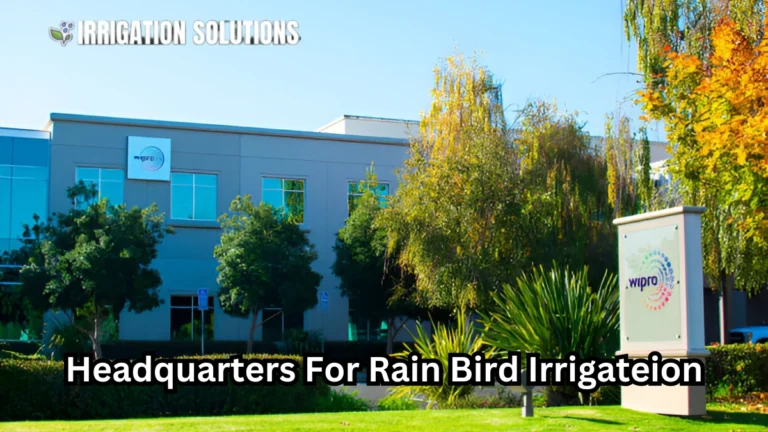mechanical irrigation solutions yuba city

mechanical irrigation solutions yuba city, with its rich agricultural landscape, relies heavily on mechanical irrigation solutions to ensure consistent water supply for crops. As climate change and water conservation concerns grow, efficient irrigation methods have become more crucial than ever. This guide will explore modern irrigation technologies, their benefits, and how Yuba City farmers can optimize water use for maximum productivity.
Understanding mechanical irrigation solutions yuba city
What is Mechanical Irrigation?
Mechanical irrigation refers to automated or semi automated systems that deliver water to crops using pumps, pipes, sprinklers, and other mechanized components. These systems enhance efficiency, reduce labor costs, and improve water conservation.
Why Mechanical Irrigation is Essential in Yuba City
Yuba City is part of California’s Central Valley, a region known for its agriculture. Given the unpredictable rainfall patterns, farmers must rely on irrigation to sustain crop growth. The increasing competition for water resources makes efficient irrigation systems a necessity.
Types of Mechanical Irrigation Systems
Center Pivot Irrigation
One of the most popular irrigation systems, center pivot irrigation, consists of a rotating sprinkler arm that moves around a central pivot, evenly distributing water.
Advantages:
- Covers large areas efficiently
- Reduces water runoff
- Can be automated for better water management
Disadvantages:
- High initial investment
- Requires flat terrain for optimal performance
Drip Irrigation
Drip irrigation delivers water directly to the root zone through a network of tubes and emitters, minimizing water loss.
Advantages:
- Reduces evaporation and runoff
- Improves plant health by preventing overwatering
- Saves up to 50% more water than traditional irrigation
Disadvantages:
- Clogs easily if not maintained
- Requires precise installation for effectiveness
Surface Irrigation
Surface irrigation involves distributing water across the field by gravity, flooding rows or furrows.
Advantages:
- Simple and cost effective
- Works well for specific crops like rice and alfalfa
Disadvantages:
- High water wastage if not properly managed
- Requires significant land leveling
Subsurface Irrigation
This method delivers water below the soil surface, directly to the plant roots.
Advantages:
- Minimizes evaporation losses
- Reduces weed growth by keeping the surface dry
Disadvantages:
- Expensive to install
- Difficult to detect leaks
Sprinkler Irrigation
Sprinkler systems distribute water through pressurized nozzles, mimicking natural rainfall.
Advantages:
- Suitable for various crop types
- Can be automated for better efficiency
Disadvantages:
- Water loss due to wind drift
- High energy consumption
Key Factors in Choosing an Irrigation System
| Factor | Impact on Irrigation System Selection |
| Crop Type | Some crops, like fruit trees, benefit from drip irrigation, while others, like corn, thrive with center pivot systems. |
| Soil Type | Sandy soil drains quickly, requiring more frequent irrigation, while clay soil retains moisture longer. |
| Water Availability | Areas with water scarcity benefit from efficient systems like drip or subsurface irrigation. |
| Land Topography | Sloped land may require terracing or specialized irrigation systems to prevent runoff. |
| Budget | High-tech systems require a larger investment but save costs in the long run. |
Case Study: Successful Irrigation in Yuba City
Farm: River Valley Orchards
- Challenge: Water scarcity during summer months
- Solution: Installed a drip irrigation system with moisture sensors
- Results: Reduced water consumption by 40% and increased crop yield by 20%
“Switching to drip irrigation saved us thousands of gallons of water while improving crop health.” John Patterson, Farm Owner
Water Conservation and Sustainability in Yuba City
Smart Irrigation Technology
Modern farms are integrating smart irrigation solutions, including:
- Soil moisture sensors Adjust watering schedules based on real time data
- Weather based controllers Reduce unnecessary irrigation based on forecasts
- Automated pump controls Improve efficiency and reduce labor costs
Government Incentives for Efficient Irrigation
The California Department of Water Resources offers grants and rebates to farmers adopting water saving irrigation technologies. These incentives help offset initial installation costs.
Common Problems and Solutions in Mechanical Irrigation
| Problem | Solution |
| Clogged Drip Emitters | Regular maintenance and filtration systems prevent blockages. |
| Uneven Water Distribution | Adjust sprinkler heads and ensure proper system calibration. |
| High Water Evaporation | Use mulching and schedule irrigation during cooler hours. |
| High Energy Costs | Switch to solar powered pumps or invest in energy-efficient systems. |
Future Trends in Irrigation for Yuba City Farmers
Artificial Intelligence in Irrigation
AI-powered irrigation systems use predictive analytics to determine optimal watering schedules. These systems help reduce water waste while maximizing crop output.
Drones for Precision Irrigation
Drones equipped with infrared sensors analyze soil moisture levels and detect problem areas, allowing farmers to optimize irrigation.
Solar Powered Irrigation Systems
As energy costs rise, more farms are turning to solar powered irrigation to reduce operational expenses.
Final Thoughts:
Choosing the right mechanical irrigation solution depends on crop type, land conditions, and budget. Whether you invest in drip irrigation for efficiency or a center pivot system for large scale operations, the key is optimizing water use for sustainability and profit.
For Yuba City farmers, staying ahead with modern irrigation technology will ensure long term success in agriculture.






